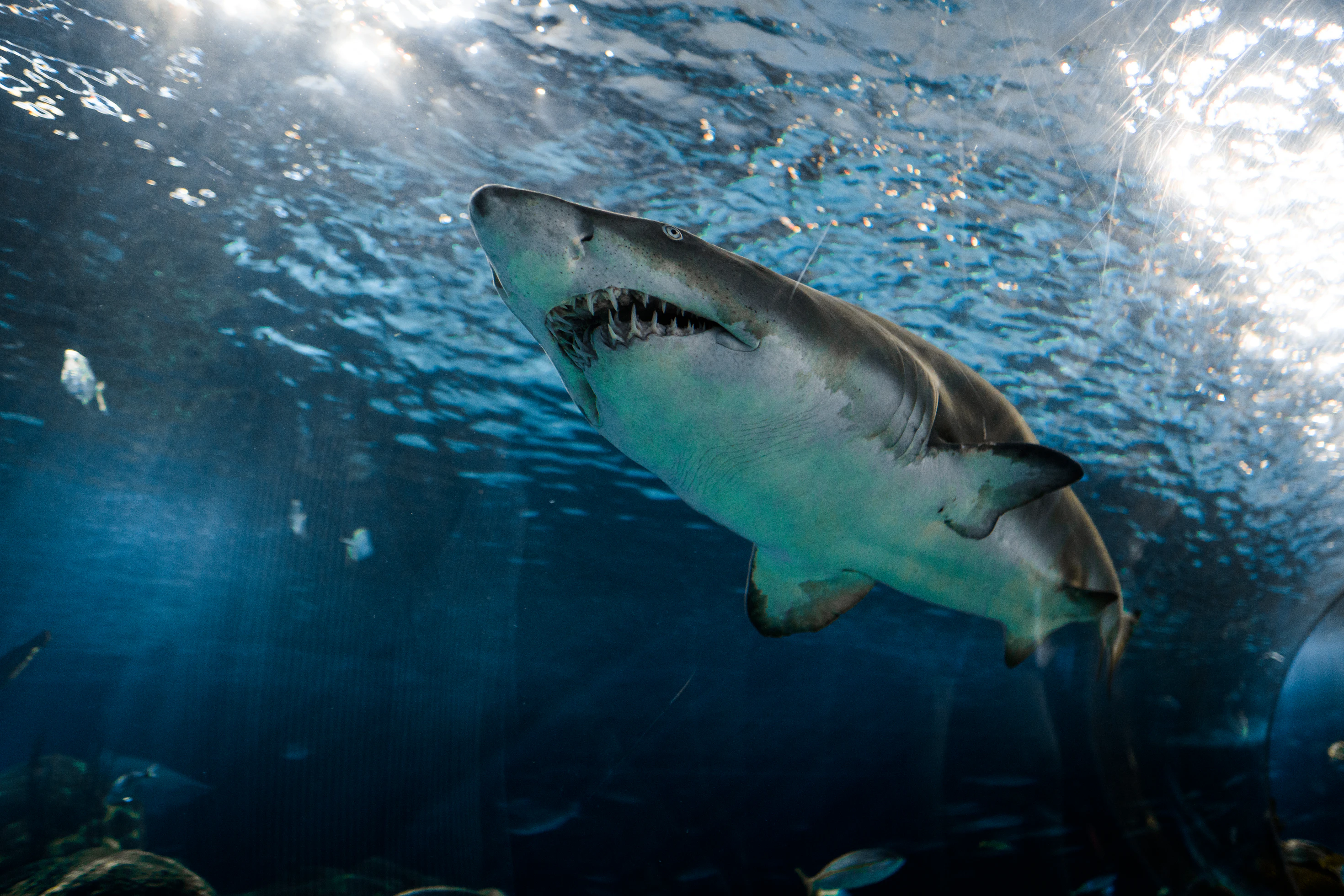In a remarkable display of predatory efficiency, a lone orca known as Starboard has been documented executing an astonishing hunt that ended with the killing of a great white shark off the coast of South Africa’s Mossel Bay. This event, captured on June 18, 2023, marks the first recorded incident of a killer whale hunting down the world’s largest predatory fish on its own, a feat that has both stunned and intrigued scientists worldwide.
The Break from Tradition: A Solo Hunt
Traditionally, orcas, also known as killer whales, are known for their complex social structures and cooperative hunting strategies, often teaming up to take down large prey. However, Starboard’s recent solo act—hunting and eviscerating a juvenile great white shark within a mere two minutes—presents a significant deviation from this observed behavior, highlighted by The Independent and Outdoor Life.
Orcas vs. Great Whites: An Ecological Impact
The incident not only showcases the exceptional hunting prowess of orcas but also raises questions about the implications for the wider marine ecosystem. Orcas preying on great white sharks can have a cascading effect on the marine food web, potentially leading to significant shifts in the distribution and behavior of other marine species.
Scientific Observation and Insights

Dr. Alison Towner, a leading marine biologist, observed the event and noted the rapid and skilled nature of the hunt. Alongside her team at Rhodes University, Dr. Towner has been studying the impact of orca predation on great white shark populations, a subject that has garnered increasing attention due to the orcas’ targeted attacks on sharks for their nutrient-rich livers.
Unpredictable Predator-Prey Dynamics
This remarkable event, studied in detail in the African Journal of Marine Science, underscores the dynamic and sometimes unpredictable nature of predator-prey interactions in the marine environment. The orca’s ability to adapt its hunting strategies, possibly in response to changing conditions or learned behavior, poses fascinating questions for scientists studying marine ecology.
Broader Ecological Implications and Ongoing Research
As research continues, understanding the broader ecological impacts of such interactions will be crucial. The presence of orcas like Starboard and Port, known for their shark-hunting prowess, could signal shifts in marine biodiversity and ecosystem dynamics, influenced by the apex predators’ hunting behaviors.
Exploring the Mysteries of the Ocean
For the marine research community and the public alike, Starboard’s extraordinary hunt offers a glimpse into the complexity of oceanic life and the ongoing evolution of marine species interactions. As we delve deeper into the mysteries of the deep blue, such observations remind us of the ever-changing nature of the world beneath the waves.